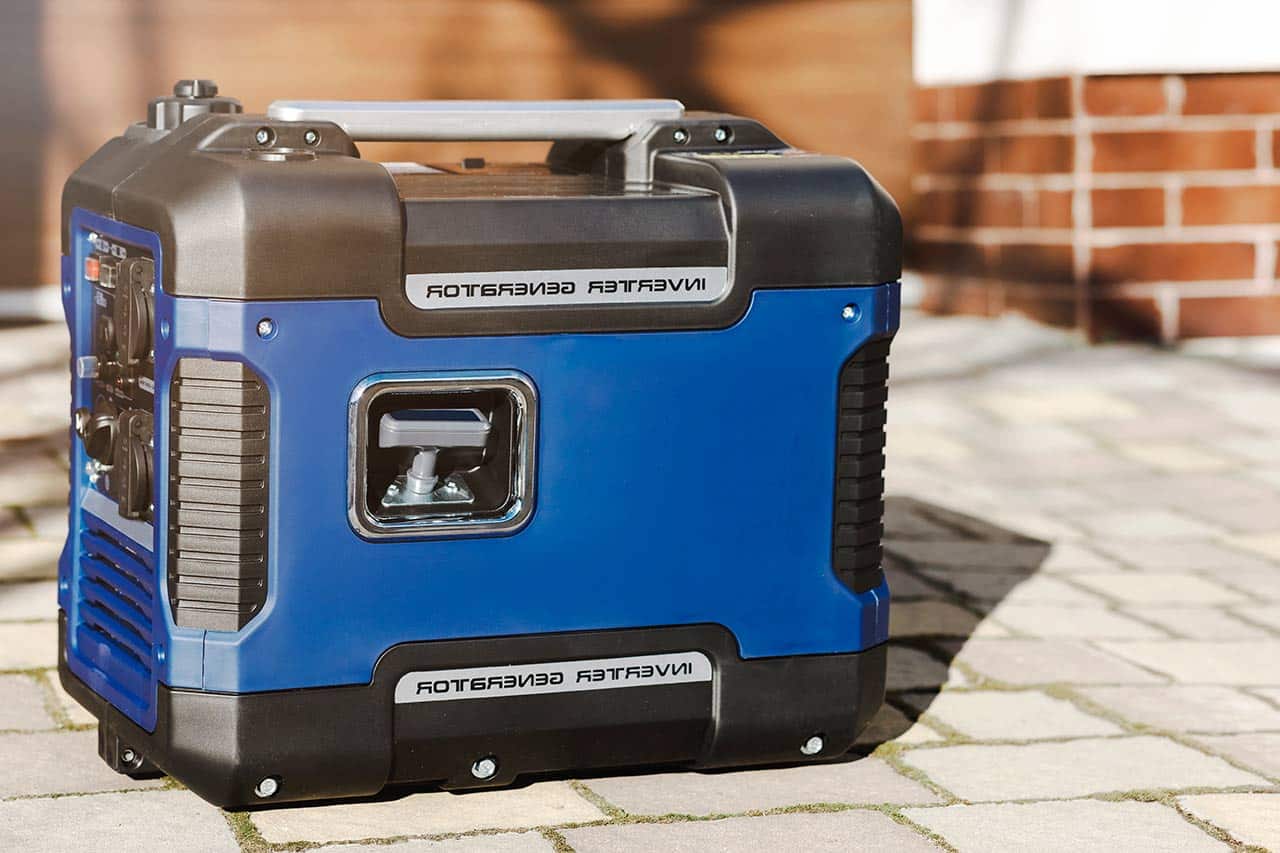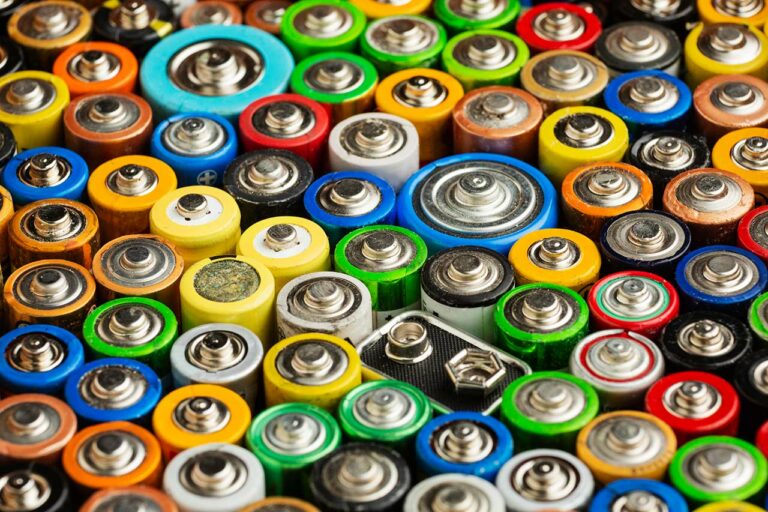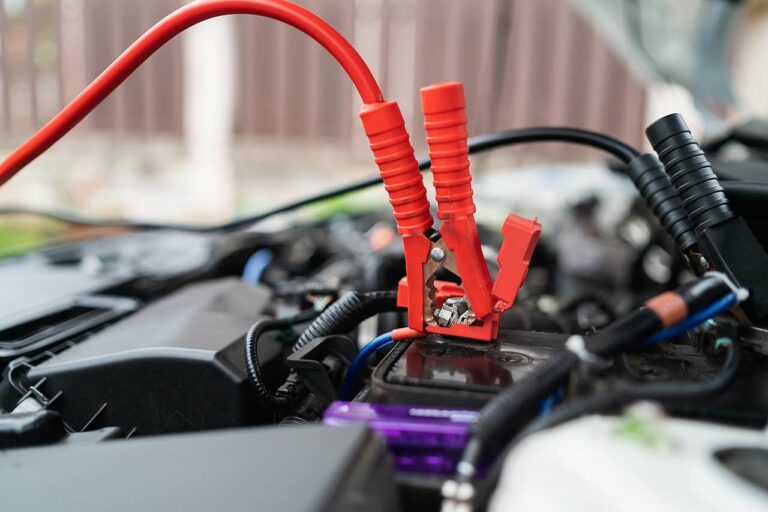How Long Does A Gas Generator Last? (Expert Guidance)
Gas generators are a valuable resource during power outages, emergencies, or simply for powering up your outdoor adventures, as long as they continue to work. Their lifespans, however, depend on various factors like frequency of use, maintenance, and the quality of the generator itself.
A gas generator’s runtime varies based on its fuel consumption and the size of its tank. Typically, portable generators can run for six to ten hours on gasoline or diesel, while inverter models may run for ten to sixteen hours. The more fuel-efficient the engines and the larger the tanks are, the longer your generator will operate without needing refueling. Just remember, it’s essential to store some extra fuel to get you through extended periods without power, especially during emergencies or natural disasters.
Running Time and Wattage
Understanding Runtime of a Gas Generator
When it comes to running time, most gas generators can run continuously anywhere between 7.5 to 12 hours on one fueling, depending on the model. Your generator’s runtime will depend on a few things, mainly the wattage being utilized and the size of its fuel tank.
Typically, a generator can run for about 1.5 to 3 hours on one gallon of fuel. But keep in mind, as the load increases, the runtime will decrease, so it’s all about balance. You can increase the runtime of your gas generator per tank by only powering essential items.
Determining Output Wattage
So, how do you determine how much power you’ll need during an emergency? It takes a little bit of math and some guesswork, but it is possible.
First, start by listing all the devices and appliances you will want to run from your generator during an outage and check their wattage requirements. There’s usually a label on them that tells you how much wattage they need.
Remember, this is a good place to make some tough decisions. You need your refrigerator to run during a power outage, but do you really need your stove and oven when there are more efficient means of cooking?
Now that you’ve got your list, add all of the wattage numbers together. This total will give you an idea of the power output you’ll need from your generator. But it’s a good idea to always round up a little, because there will always be a few extra things you’ll want to keep running during an outage.
Determining Runtime Based on Wattage
When considering the longevity of your generator’s runtime, it’s crucial to think about the load you’re placing on it. Generators are most fuel-efficient when they run at about 50-70% of their maximum capacity. The closer you get to a generator’s maximum output, the more fuel it consumes in a shorter amount of time.
By being judicious about what you power, you can extend the life of your generator during an outage. For instance, if you can do without certain high-wattage appliances or devices, you’ll reduce the load on your generator. A reduced load means your generator doesn’t burn fuel as rapidly, allowing it to run longer on a single tank.
This isn’t just about cutting back on non-essentials; it’s about smart power management. Prioritize your power needs, and use essential devices only when necessary. Turning off lights in unused rooms or unplugging devices that aren’t in use can also help. Think of it this way: the more judicious you are with what you choose to power, the longer your generator can keep everything running when you most need it.
The Lifespan of a Gas Generator
Gas generators typically last anywhere between 1,000 to 2,000 hours of total operation for portable generators and between 1,500 to 3,000 hours for standby units. Regular maintenance and proper use can significantly extend your generator’s life, which is crucial since you’re investing your money and relying on this machine during times of need. Here’s some tips to keep things running smoother longer:
Regular Maintenance
It’s simple, but if you want your gas generator to last, take good care of it. These regular maintenance procedures should keep your generator in tip-top shape.
- Check the oil level before you start using the generator every time. You should change the oil after the first 20 hours of operation and then every 100 hours or before each use.
- Clean the carburetor as needed, as clogged carburetors can cause operational issues.
- Add a fuel stabilizer to your gasoline to prevent gumming up in the machine.
- Keep an eye out for corrosion in fuel systems, electrical components, and connections.
- Give the generator a thorough cleaning after each use, and inspect it for any rust.
Assessing Durability and Guarantees
Wanna make sure your generator is built to last? Check the manufacturer’s guarantee. Companies that stand by their product usually offer longer guarantees.
But, don’t be fooled, a longer guarantee isn’t everything! It’s essential to know how well the generator is built, so look for sturdy construction and quality materials. This will probably mean paying a little more.
While some gas generators are made to run longer than others, typically those with larger tanks and larger wattages, the longevity and efficiency of your gas generator depend significantly on how you use and maintain it. By understanding its wattage and fuel requirements and being judicious with its use, you can maximize your generator’s lifespan and get the most out of your investment.
Remember, in times of emergency, a reliable generator is worth its weight in gold. So, invest time in understanding its capabilities and limitations, and ensure you give it the care it deserves. That way, the next time the power goes out, you’ll be prepared and powered up.







